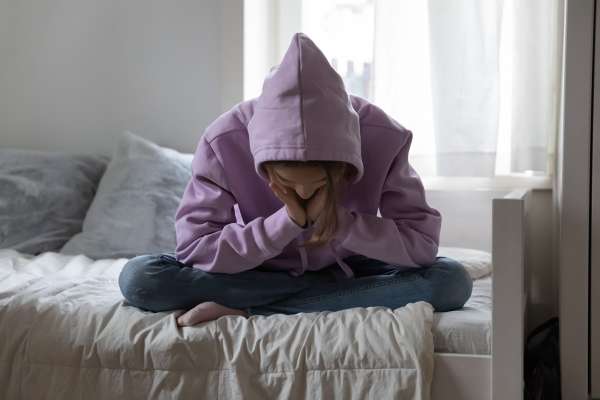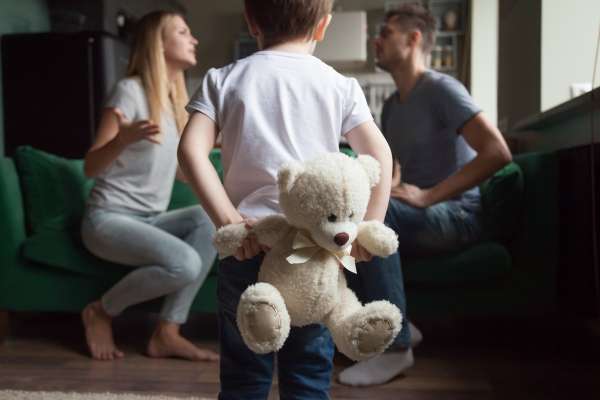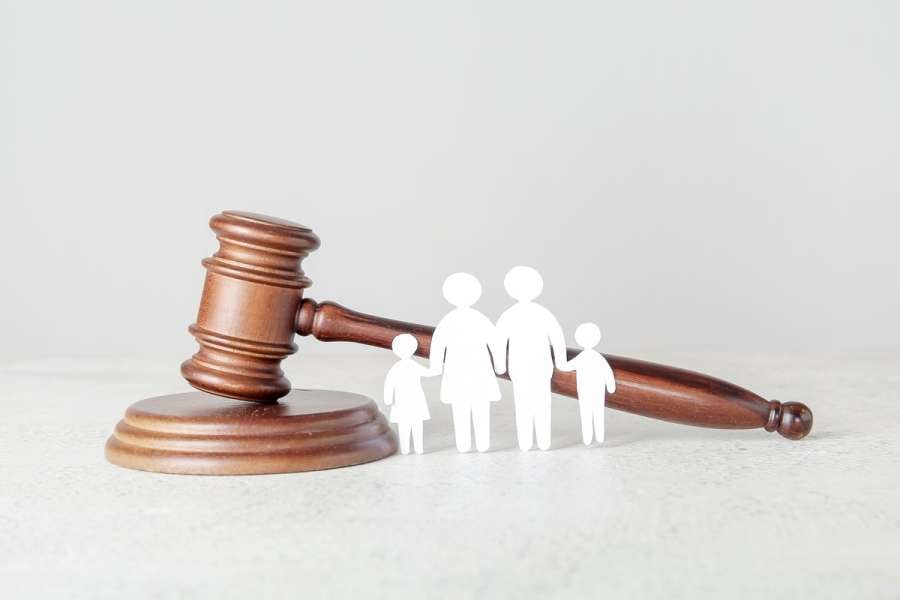The older the children are, the more they understand what is happening and how much a divorce will change their lives.
This can cause intense unease, fear, anger, sadness, and confusion as the children navigate the unsettling change.
When their family breaks up, older children also face a bewildering challenge to their identity. Their solid family unit disappears, leaving them to reappraise themselves and rethink their future and perhaps their past.
This can add additional stress to the already difficult task of preparing for important life events such as final exams at school or finding one's feet at university.
In addition, they may be brought in as a confidante, judge, or sounding board by a parent. One or both parents may speak badly of the other parent or try to get the child to pass on messages unfairly.
Older children may also have spent the few years preceding the divorce witnessing arguments or conflict between their parents and may be relieved that this will soon cease.
However, others may feel resentment or anger towards their parents for not working it out or for the impact on their family.
As is obvious, this will be an inevitably confusing time for an older child, and they may struggle to find ways to cope and express their feelings.
However, there may also be situations where the child is glad or relieved that their parents are separating and can positively recognise that it is the best outcome for them and their family.
Questions or views may be shared about where the child will live. Where there is a dispute about a child's future, a child arrangements order will resolve the parents' disagreement.
But the law is clear that no court shall make such an order that applies to a child once that child is sixteen unless the circumstances are "exceptional".
It is important to highlight this to any older children, as it will reassure them that their views will be heard and that they will be properly treated as young adults.
Advocacy services like NYAS are also available to help older children express their wishes.
This age group may find help and support outside the family unit useful, such as counselling and therapy.















